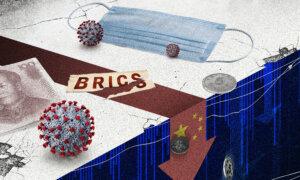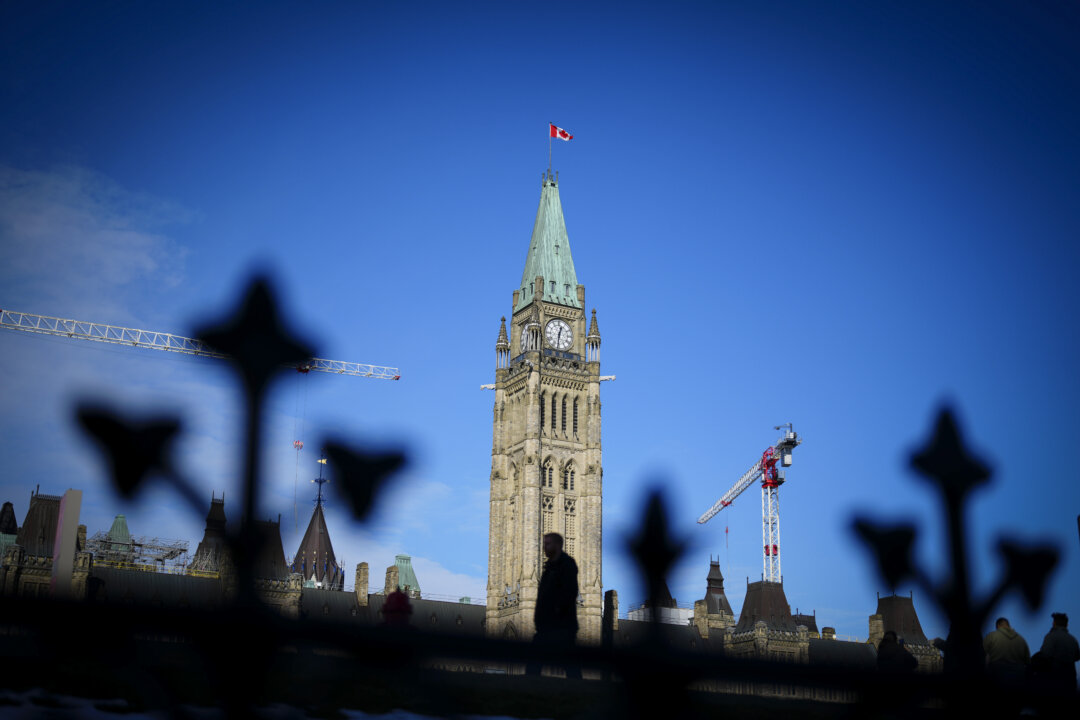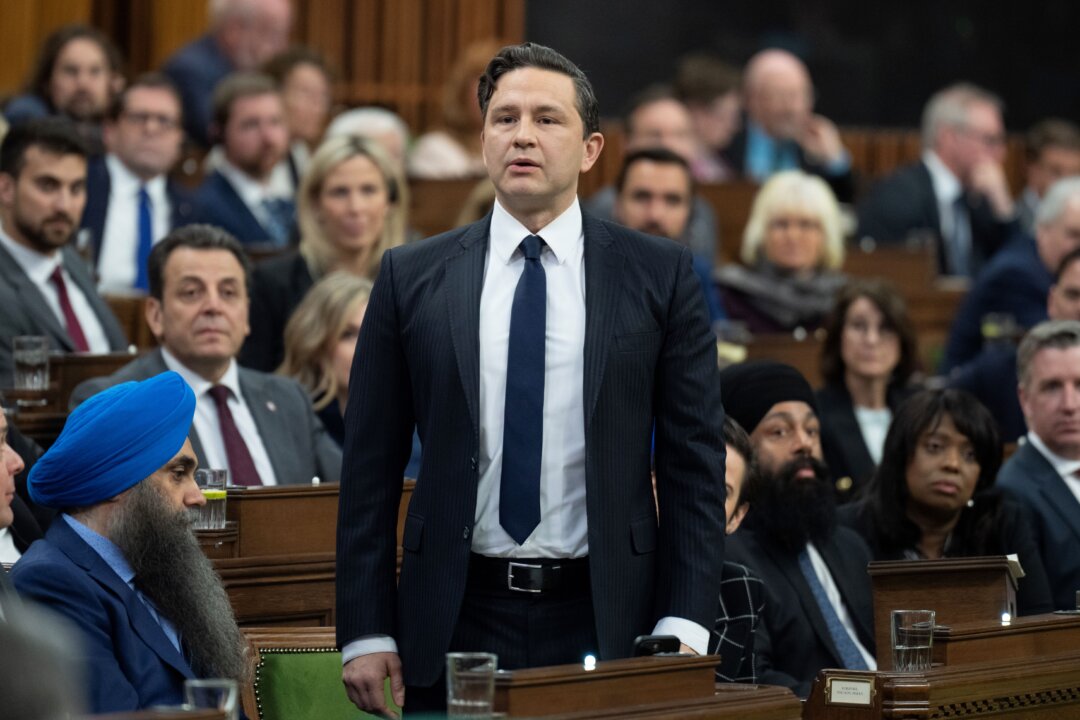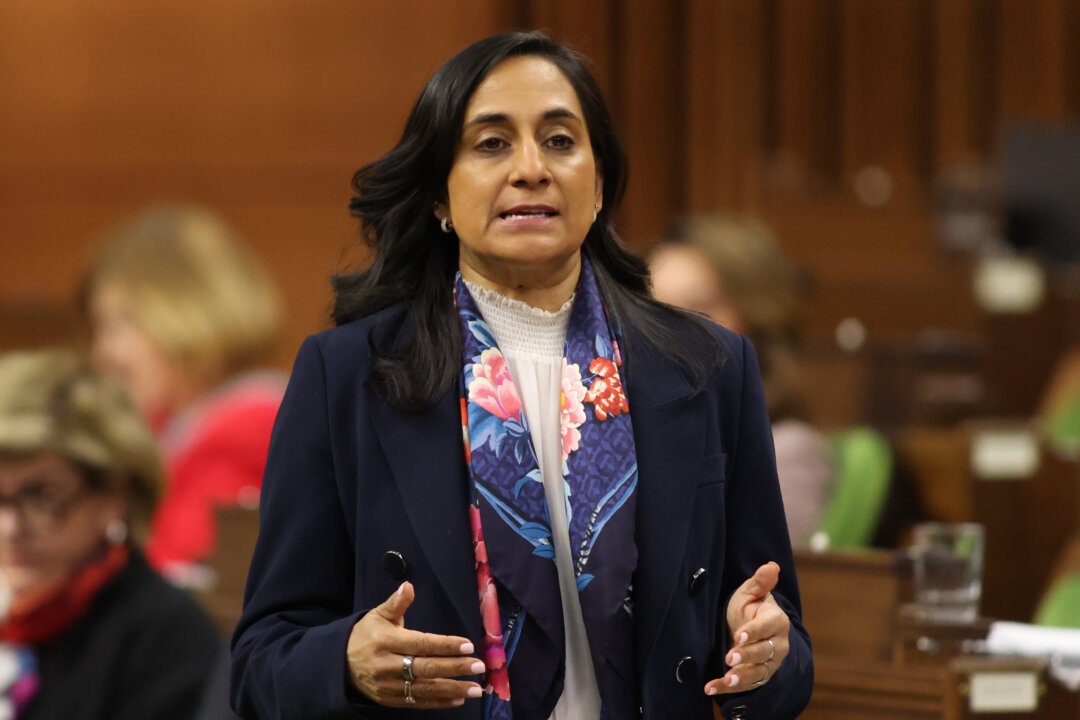‘They’re xenophobic—nobody else coming in. They’ve got real problems.’
President Joe Biden has called Beijing “xenophobic” as he contrasted the country’s faltering economy with that of America.
“When I meet other world leaders, I say, ‘Would you trade places with China? Would you trade places with their problems?’ They’ve got a population that is more people in retirement than working,” he told reporters on April 17 while visiting United Steelworkers headquarters in Pennsylvania.
“They’re xenophobic—nobody else coming in. They’ve got real problems.”
The remarks, among the harshest criticisms of the communist country yet from the administration, came as China continues to grapple with an ongoing property crisis, weak domestic demand, and mounting local government debt. China’s economic challenges at home contribute to an influx of low-priced Chinese goods to international markets, an issue that is increasingly raising eyebrows in the West.
Chinese state media in recent months have touted the surge in exports of “green energy” products such as electric vehicles, lithium batteries, and solar-powered products, which they’ve claimed will be pivotal in driving the country’s economic growth.
But such narratives also hint at the gravity of the economic reality in China, some experts have said.
Beijing “wants badly to escape its current economic predicament,” Frank Tian Xie, a business professor at the University of South Carolina Aiken and analyst on Chinese economics, told The Epoch Times.
While campaigning in Pennsylvania for a second term, President Biden on Wednesday highlighted the United States’ plight as he sought to convince blue collar workers of the country’s strength by comparing it with China.
“For years, I’ve heard many of my Republican and even Democratic friends say that China is on the rise and America has been falling behind,” he said. He added that he “always believed” they’ve “got it all wrong.”
“America is rising. And we have the best economy in the world, which we do,” he said.
In his speech, President Biden called for tripling tariffs on Chinese steel and aluminum products, blaming Beijing for “dumping extra steel on the global markets at unfairly low prices.”
“Chinese steel companies don’t need to worry about making a profit, because the Chinese government is subsidizing them so heavily,” he said.
“They’re not competing. They’re cheating,” he added. “And we’ve seen the damage here in America.”
Chinese dumping practices was a key focus during Treasury Secretary Janet Yellen’s recent visit to China.
After China’s entry into the World Trade Organization in 2001, “artificially cheap” Chinese products flooded U.S. markets, destroying about 2 million American manufacturing jobs, she said in a press conference in Beijing.
“It would not be acceptable to the United States, to President Biden, to allow this to happen again.”
After meeting with China’s central bank official on April 8, she expressed particular concern about “how China’s enduring macroeconomic imbalances,” such as weak household consumption and overinvestment, as well as heavy government subsidies, will “lead to significant risk to workers and businesses in the United States and the rest of the world.”
“China is now simply too large for the rest of the world to absorb this enormous capacity. And when the global market is flooded by artificially cheap Chinese products, the viability of American and other foreign firms is put into question,” she said.
Major U.S. industries have been wary about Chinese anticompetitive practices.
The Alliance for American Manufacturing in a February report said that cheap Chinese electric vehicles coming into the United States via Mexico through a “commercial backdoor” could render the U.S. auto sector extinct. Between 2017 and 2023, China’s imports to the United States fell by 17 percent. However, imports via Mexico rose by 20 percent, a sign that Chinese components were bypassing U.S. tariffs via the United States’ southern neighbor, which enjoys a free trade agreement with the United States, according to the report.
A U.S. delegation met with Mexico’s president on April 16 to address the issue, according to President Biden.
Five national labor unions in March filed a petition to the Office of the U.S. Trade Representative requesting an investigation into Chinese policies that have helped Beijing dominate maritime, logistics, and shipbuilding sectors.
The office on April 17 began a probe, saying the allegations “reflect what we have already seen across other sectors.”
“That dominance is what enables the [China] to coerce other economies,” U.S. Trade Representative Katherine Tai said before the Senate Finance Committee.
Chang Chun contributed to this report.














 English (US) ·
English (US) ·  Turkish (TR) ·
Turkish (TR) ·